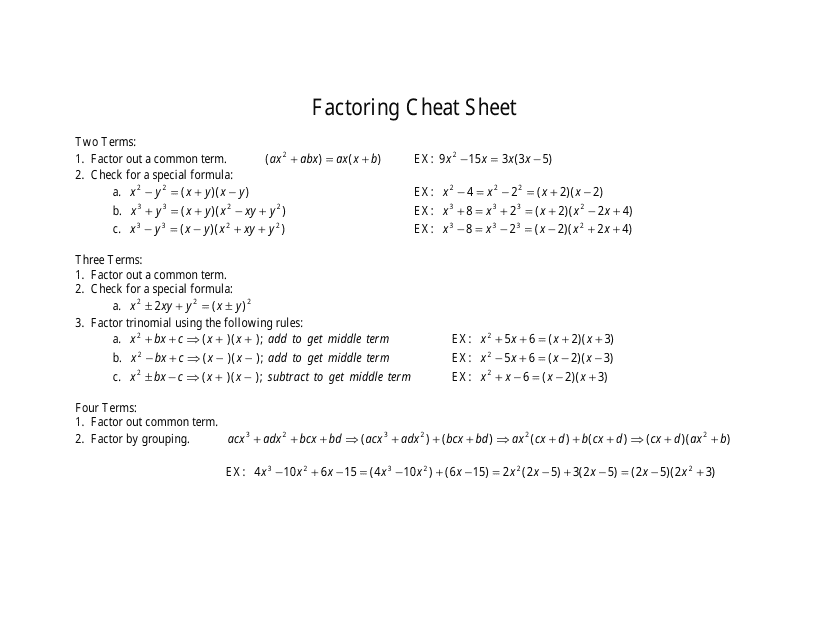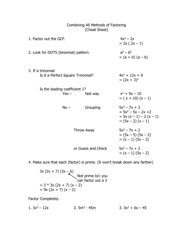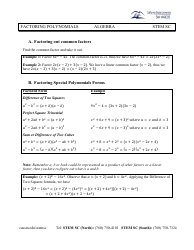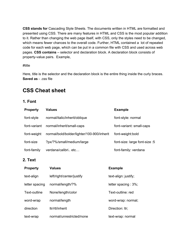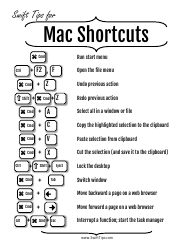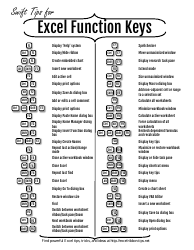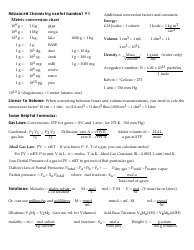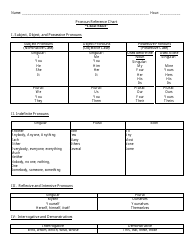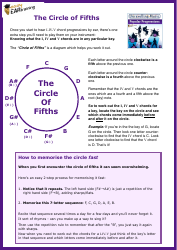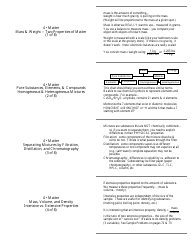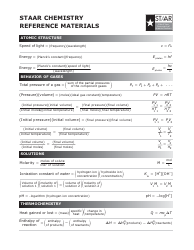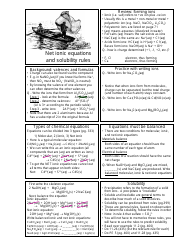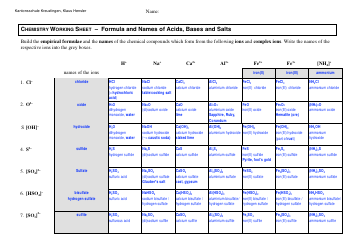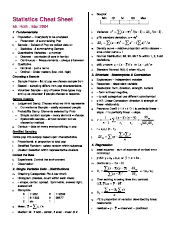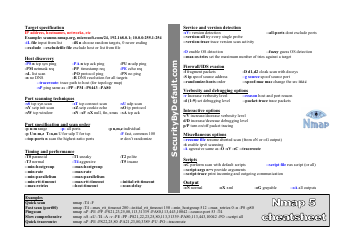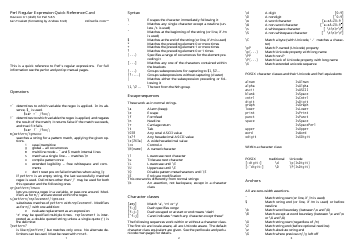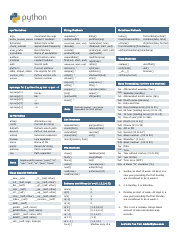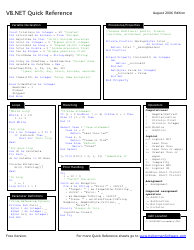Factoring Cheat Sheet
A factoring cheat sheet is a document that provides a quick reference guide or summary of key concepts and formulas related to factoring. It can be used as a helpful tool for understanding and applying factoring methods in mathematics or finance.
FAQ
Q: What is a prime number?
A: A prime number is a number that is greater than 1 and can only be divided evenly by 1 and itself.
Q: What is a composite number?
A: A composite number is a number that is greater than 1 and can be divided evenly by factors other than 1 and itself.
Q: What is a factor?
A: A factor is a number that divides evenly into another number.
Q: What is prime factorization?
A: Prime factorization is the process of finding the prime numbers that multiply together to make a given number.
Q: What is the difference between a factor and a multiple?
A: A factor divides evenly into a number, while a multiple is the result of multiplying a number by any whole number.
Q: What is the greatest common factor (GCF)?
A: The greatest common factor (GCF) is the largest factor that two or more numbers have in common.
Q: What is the least common multiple (LCM)?
A: The least common multiple (LCM) is the smallest multiple that two or more numbers have in common.
Q: How can you find the factors of a number?
A: You can find the factors of a number by dividing it by other numbers and checking for even division.
Q: How can you find the prime factorization of a number?
A: You can find the prime factorization of a number by dividing it by prime numbers until the result is a prime number.
Q: Why is factoring important?
A: Factoring is important in many areas of mathematics, including algebra and number theory. It helps simplify expressions, solve equations, and find common multiples and divisors.
